Buy Zoldonat : Zoledronate 4 Mg Injection Online
$47.23
Brand Name : Zoldonat
Composition : Zoledronate
Manufactured by : Natco Pharma Ltd.
Strength : 4 mg
Form : Injection
Packing : Pack of 1 Vial
Prescription Required *
Zoldonat is a medication containing the active ingredient zoledronate, which belongs to a class of drugs called bisphosphonates. It is used for the treatment of osteoporosis, bone metastases, and hypercalcemia of malignancy. It is also used to prevent bone complications in patients with multiple myeloma and other types of cancer.
HOW TO USE:
Zoldonat should be administered by a healthcare professional as an intravenous infusion over 15 minutes. The recommended dose for osteoporosis is 5 mg once a year, while the recommended dose for cancer-related conditions is 4 mg every 3-4 weeks.
Storage Conditions:
Zoldonat should be stored at room temperature between 20-25°C (68-77°F) and protected from light. The solution should not be frozen or heated.
Mechanism of action:
Zoledronate works by inhibiting bone resorption, which is the process of breaking down and reabsorbing bone tissue. It adheres to the bone surface and accumulates at the sites of increased bone turnover. Thus, it reduces bone loss and prevents further damage to bones.
Precautions:
Patients taking Zoldonat should be monitored for any signs of adverse effects, such as renal impairment, hypocalcemia, and osteonecrosis of the jaw. The medication is contraindicated in patients with severe renal impairment, hypocalcemia, and allergies to bisphosphonates.
Contraindications:
Zoldonat should not be used in patients who are pregnant or breastfeeding. It is also contraindicated in patients with severe renal impairment, hypocalcemia, and allergies to bisphosphonates.
Drug Interactions:
Patients taking Zoldonat should inform their doctor about any other medications they are taking, as some medications may interact with zoledronate and increase the risk of adverse effects.
Overdose:
In case of an overdose, patients should seek medical attention immediately. Symptoms of an overdose may include electrolyte imbalances, renal impairment, and severe hypocalcemia.
Side effects:
Common side effects of Zoldonat include fever, flu-like symptoms, headache, nausea, vomiting, diarrhea, and joint pain. These side effects usually go away within a few days. However, some patients may experience rare but serious side effects such as renal impairment, hypocalcemia, and osteonecrosis of the jaw. It is important to contact a doctor if any of these symptoms occur.
Be the first to review “Buy Zoldonat : Zoledronate 4 Mg Injection Online” Cancel reply
Related products
Anti Cancer
Anti Cancer
Anti Cancer
Anti Cancer
Anti Cancer
Anti Cancer


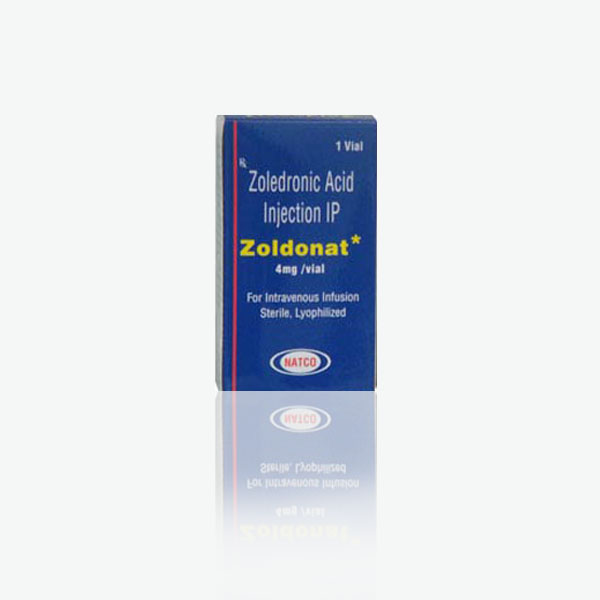

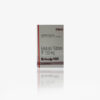
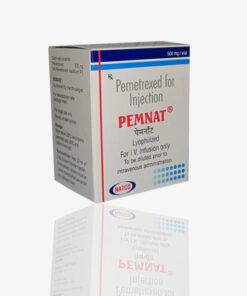
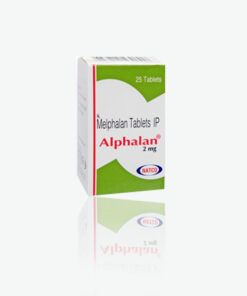
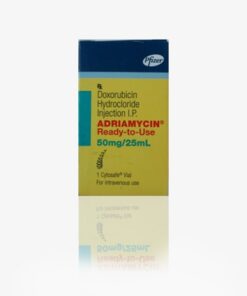
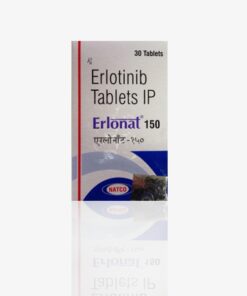
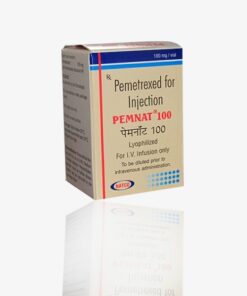
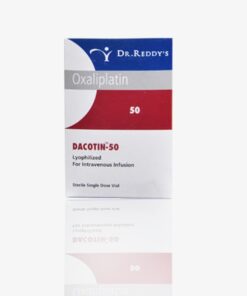
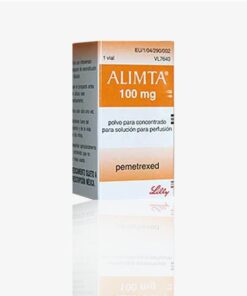
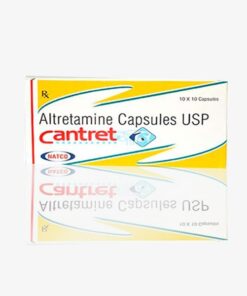
Reviews
There are no reviews yet.